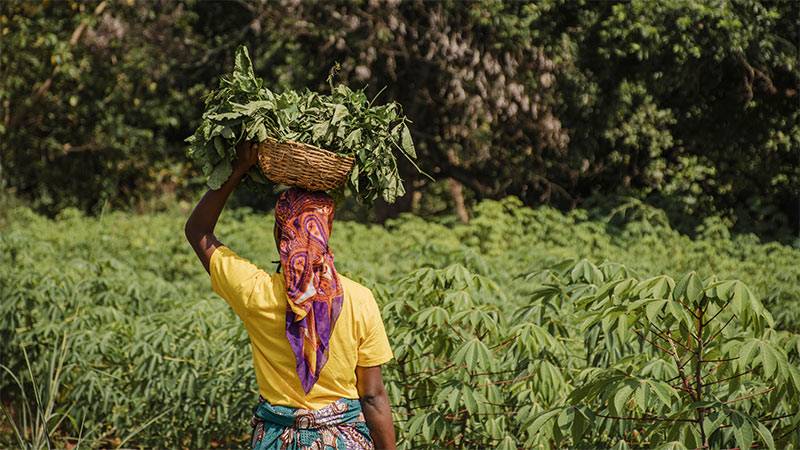In the small village of Harpur in Bihar’s Muzaffarpur district, a transformation led by women is underway. These women farmers, part of self-help groups, have installed solar pumps to tackle water scarcity, revolutionizing agriculture in the area. This initiative is not just about irrigation; it’s a bold step in challenging and changing traditional gender roles in farming.
For years, water scarcity restricted the variety of crops that could be cultivated. But the introduction of affordable and clean solar-powered irrigation has allowed diversification, particularly in vegetable farming. This shift has had a profound impact on the economic stability of the families involved. Babli Devi, a 35-year-old group member, shares how these changes have allowed her to contribute significantly to her family’s income, reducing reliance on her husband’s earnings.
Sunaina Devi narrates the journey since 2013, highlighting the group’s initial savings and subsequent investment in a well and a solar pump in 2016. This pump now benefits over a hundred local farmers, generating substantial additional income for the group. The project, with a total cost of around INR. 700,000 ($8,410 US), was a mix of member contributions and support from the Aga Khan Rural Support Program-India (AKRSP-I).
This initiative is also redefining roles within the community. Responsibilities traditionally held by men, like managing irrigation systems, are now shared among these women, showcasing their growing involvement and leadership in agriculture.
“After visiting several sites in Bihar where farmers had already installed solar pumps, we decided to set up our own,” Sunaina Devi says. “Now we have a reliable source of irrigation for agricultural activities, and we can supply water to over hundred farmers [at a cost of INR. 100 an hour] which is a valuable source of supplementary income for us. This generates an annual income of INR. 130,000 for the group.”
The benefits extend beyond financial gains. This venture aligns with India’s environmental goals and is a significant step towards sustainable agriculture. The Bihar Rural Livelihoods Promotion Society (JEEViKA) recognizes the model’s potential and plans to replicate it across Bihar, turning self-help groups into Irrigation Service Providers, according to Reasons to be Cheerful.
Despite the evident progress, challenges such as financing and maintenance persist. Women often resort to informal loans due to limited access to formal banking and face difficulties in pump maintenance.
Experts, including Parimita Mohanty from the United Nations Environment Programme, stress the importance of an integrated approach to women’s energy entrepreneurship. This approach should involve various stakeholders to ensure the sustainability and scalability of such projects.
The story of solar pumps in Bihar is more than just an agricultural success; it’s about women taking the lead in a traditionally male-dominated field. Their success is a beacon of hope for environmental sustainability and gender equality in agriculture. It proves that with the right support and resources, women can not only participate in but also lead the way towards a more sustainable and equitable future.
More inspiring green news similar to this:


